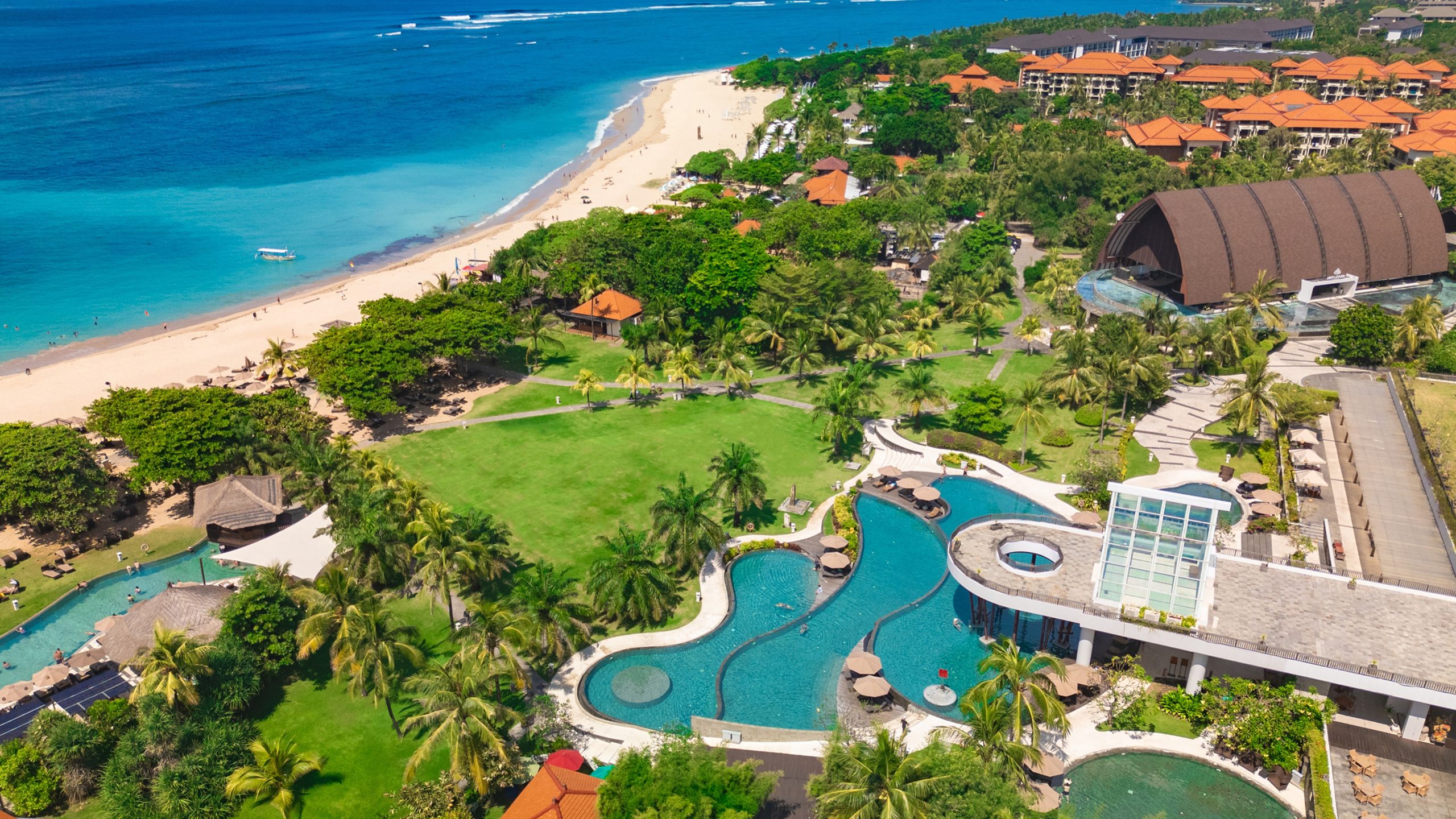Bali is a beautiful and welcoming destination — but like any tropical paradise, it comes with its own set of challenges when it comes to health and safety. With the right knowledge and preparation, you can enjoy every moment of your Bali adventure without stress.
In this guide, we’ll share essential tips to help you stay well, avoid common travel mishaps, and know what to do in case of an emergency. Whether you’re visiting with your family, on your honeymoon, or traveling solo, these tips will help you feel secure and relaxed.
🛡️ 1. Travel Insurance Is a Must
Never underestimate the value of travel insurance. Medical care in Bali is available and improving, but high-quality care — especially in private international hospitals — can be expensive. Travel insurance can also cover:
- Medical emergencies
- Accidents or injuries
- Lost luggage or passports
- Trip cancellations or delays
Tip: Choose a plan that covers adventure activities like surfing, snorkeling, or motorbike riding if you plan to do them.
🥗 2. Eat Smart to Avoid “Bali Belly”
“Bali Belly” is a common nickname for traveler’s diarrhea. It’s caused by unfamiliar bacteria in food or water and can ruin a few days of your trip. Here’s how to prevent it:
- Drink bottled or filtered water (never tap water)
- Avoid ice in drinks unless you’re at a reputable restaurant
- Eat food that’s freshly cooked and hot
- Be cautious with salads or raw food from street vendors
- Choose busy warungs (local eateries) with high turnover
Tip: Carry activated charcoal or electrolytes in your travel kit. If symptoms are severe or last more than 2 days, seek medical help.
🧴 3. Sun Protection Is Essential
Bali’s tropical sun is stronger than you think — even on cloudy days. Protect yourself by:
- Wearing reef-safe sunscreen with SPF 30+
- Reapplying every 2–3 hours, especially after swimming
- Wearing hats, sunglasses, and lightweight clothing
- Avoiding direct sun between 11 a.m. – 3 p.m. when UV is strongest
Tip: Coconut water is a great natural way to stay hydrated after a hot day out!
🦟 4. Watch Out for Mosquitoes
Bali is a tropical island, which means mosquitoes can carry illnesses like dengue fever. To protect yourself:
- Use mosquito repellent with DEET or natural alternatives
- Wear long sleeves and pants in the early morning or evening
- Stay in accommodations with mosquito nets or screens
- Avoid stagnant water near your stay
Tip: You can also buy local mosquito repellents like “Soffell” at any convenience store.
🛵 5. Be Cautious on the Roads
Motorbike accidents are the most common cause of tourist injuries in Bali. The roads can be chaotic, and many visitors aren’t used to the local traffic style.
- Only ride a motorbike if you have a license and experience
- Always wear a helmet — it’s the law and could save your life
- Avoid riding at night or in bad weather
- Don’t drive under the influence of alcohol
Tip: Prefer private drivers or organized transport for longer distances — it’s safer and more relaxing.
🧳 6. Keep Your Belongings Secure
Bali is generally safe, but petty theft can happen, especially in crowded areas or nightlife zones.
- Use crossbody bags that zip up
- Avoid leaving your phone or wallet on the restaurant table
- Don’t carry large amounts of cash
- Store valuables in your hotel safe
- Be mindful of phone snatching when riding a bike or walking by busy roads
Tip: Make photocopies of your passport and travel documents just in case.
🏥 7. Know Where to Go in Case of Emergency
It’s always good to know where the nearest hospital or clinic is. Bali has several international-standard clinics in major areas like:
- BIMC Hospital (Kuta and Nusa Dua)
- Siloam Hospital (Denpasar)
- Kasih Ibu Hospital (Denpasar, Saba, Kedonganan)
- Ubud Care Clinic (Ubud)
Emergency Numbers in Bali:
- Police: 110
- Ambulance: 118
- Fire Dept: 113
Tip: Save your accommodation’s contact number and share your location via WhatsApp with your travel partner or local guide.
💊 8. Bring a Basic Travel Health Kit
Packing a small health kit can make a big difference. Include:
- Pain relievers (Paracetamol, Ibuprofen)
- Antihistamines for allergies
- Rehydration salts or electrolyte powder
- Motion sickness tablets (especially for boat trips)
- Antiseptic cream and plasters
- Mosquito repellent and bite relief
- Prescription medications (with a doctor’s note if needed)
Tip: Pharmacies in Bali are well-stocked, but language barriers or different brands can make shopping confusing. Having your own kit is smart.
💧 9. Stay Hydrated and Rested
The combination of heat, sun, and travel can wear you out quickly. To keep your energy levels up:
- Drink plenty of water, especially if you’re sweating
- Carry a refillable bottle — many hotels and cafés offer refills
- Take breaks during sightseeing
- Schedule relaxing activities between busy days
Tip: Don’t over-schedule. Bali is about balance — mix adventure with downtime!
🙏 10. Respect Local Customs and Stay Culturally Safe
Bali is a spiritual place with strong local traditions. Cultural awareness helps you stay safe socially:
- Dress modestly when visiting temples (cover shoulders and knees)
- Never touch a person’s head, especially a child’s
- Don’t point with your feet
- Avoid stepping on offerings (“canang”) on the street
- Women on their period are not allowed to enter temples
Tip: If you’re unsure, ask your guide or host. Balinese people are happy to share their culture with respectful visitors.
Internal Call to Action (CTA):
Need Help While in Bali? We’re Here 24/7
Whether you need a doctor, driver, or day off to recharge, our local team is ready to support you anytime during your trip. Travel with peace of mind — we’ve got you covered.
📩 Contact us for private tours and wellness-friendly travel packages.




